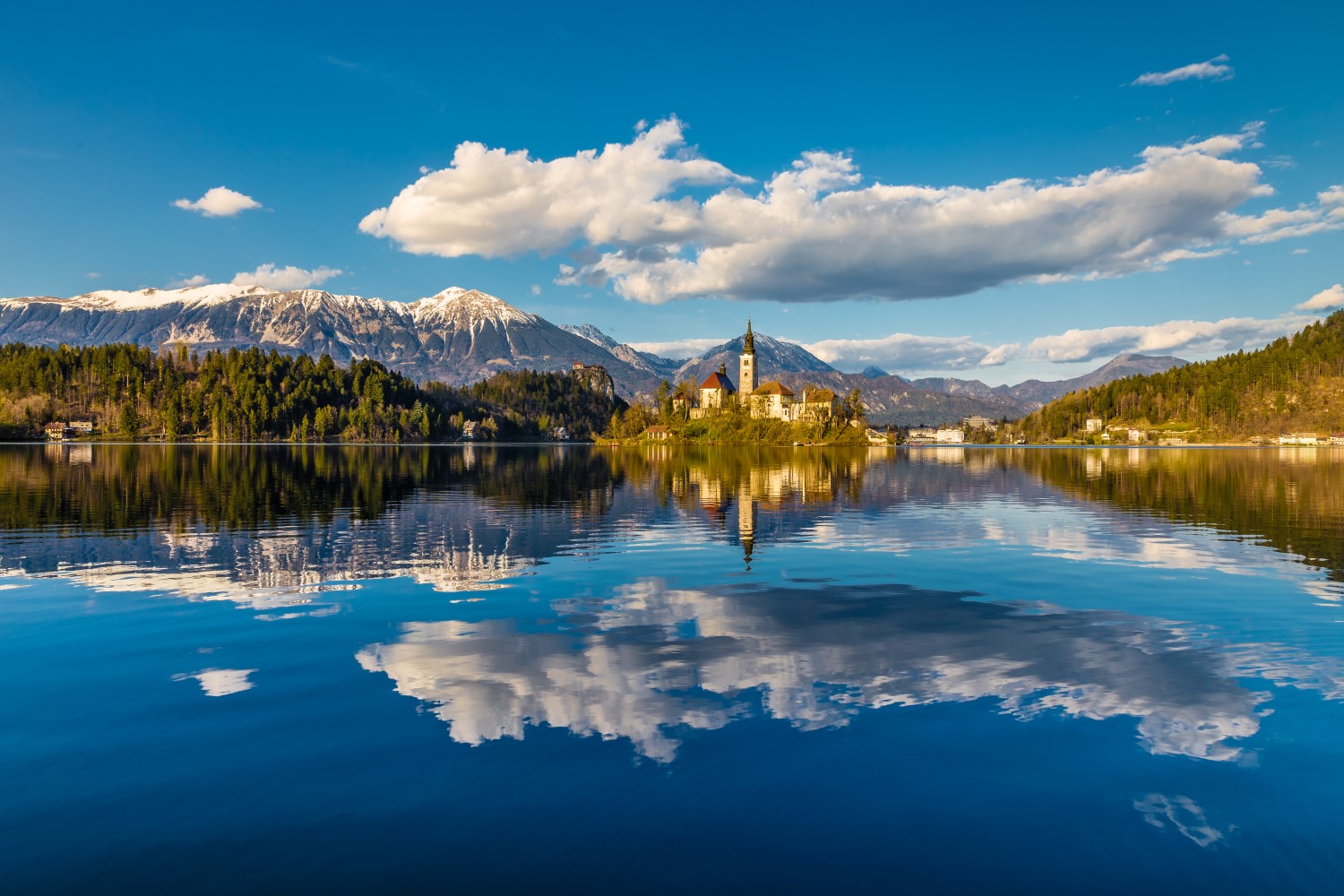Kalender
European initiative addresses climate change at system level
To be able to address large societal challenges, the EU's climate innovation initiative EIT-Climate-KIC have changed their way of working. They've concluded that no organisation can individually create sustainable solutions; the key to success involves collaborating with a common objective. So instead of supporting individual projects, they're now helping cities, businesses and even countries who want to become climate neutral.
Europe's goal is to become the first climate-neutral large economy, and many organisations are working to develop smart solutions and services to reach this goal. EIT-Climate-KIC is a European climate innovation initiative with a €78 million budget this year. They've seen that many promising solutions never get used, because they haven't been tested and developed in real environments. That insight led them to re-evaluate their own way of working when it comes to funding.
Today's biggest societal challenges cannot be solved by an individual organisation. Instead, collaboration between many organisations is needed. Rather than collaborating with innovators, EIT-Climate-KIC started working with cities, companies and countries that were ready to test the solutions to become climate-neutral.
- What we're lacking today isn't technology, but a way to test whether the solution contributes to the desired change in, for example, a city. We need to test solutions on a smaller scale to quickly find the ones that can be scaled up and integrated to implement a systematic change, says Kirsten Dunlop, CEO of EIT-Climate-KIC.
New solutions are tested together in a real environment
Today, EIT-Climate-KIC is working with so-called deep demonstrations, which are about testing several solutions and services at the same time to see what it takes to succeed. Because they do this together with a city, for example, it becomes clear which laws and regulations need to be changed. When there's clear evidence that the solution or service is working, the idea is that it should be easy to scale it up and spread it.
- In the past, a lot has revolved around solutions to individual problems. What we want to do now is to take all these solutions and test them at the same time so that they can complement each other. The focus is on changing the entire system, says Kirsten Dunlop.
Helping to develop a circular economy in Slovenia
Malmö is one of the cities involved in the project where they will test a variety of projects to create a healthy and clean city. EIT-Climate-KIC's biggest project is a collaboration with Slovenia, which are set to develop a circular economy by 2030 in areas such as mobility, food, manufacturing and forestry.
- There's a very high demand for examples that show what a large-scale project could look like. Our objective is to develop these examples. When it comes to deep demonstrations, Slovenia will be a very important example, says Kirsten Dunlop.
New method for meeting societal challenges
An increasing number of people are starting to consider deep demonstrations as a possible way to solve the biggest societal challenges of our time. Vinnova has proposed government funding for a similar initiative in Sweden.
- Innovation can be used to create structural change. Many associate innovation with the Silicon Valley and the ability to create new companies that quickly generate value and create jobs. But we also see that we can use innovation methodology to create solutions to today's biggest societal challenges, such as stopping climate change, says Kirsten Dunlop.
Last updated 21 January 2020


